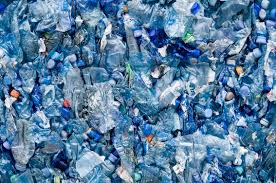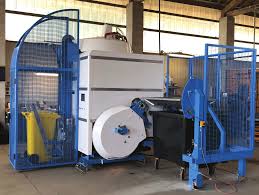Waste recycling and reuse are very closely associated terms which are often used interchangeably but are not essentially the same when viewed closely at its micro levels.
Whereas waste recycling describes the reprocessing of waste materials into new useful products of the same or varied type from the original waste, waste reuse is the application of waste materials to same or different use by a different user.
This is essentially very advantageous given that the term waste is a relative description of use of materials to satisfy human needs.
Commonly reused materials include clothing materials, jewelry and trinkets, kitchen utensils, household furniture, books and electronic equipment and to a larger extent motor vehicles and other heavy machinery.

Read Also: Advantages of Waste Recycling
Waste reuse is very economical and a ready aid to the less ostentatious and the poor. However, it may pose serious environmental and health challenges as the disposal challenges are shifted to the less endowed who may not have the education and capacity to dispose the waste finally.
Waste recycling involves all processes applied to preserve waste materials and put it into further use. Successful recycling of waste starts with separation of the waste at point of generation which ensures the quality of the waste product as a potential raw material for future processing into new desirous products.
Waste reuse goes further to describe the continued use of a product by another user when the initial owner or user had done with the said materials and discarded them.
Read Also: How Waste Papers, Metals, Woods, Glasses, and Plastics are Recycled
Product quality, re-use and or recycling potential are some of the major considerations to be taken to minimize waste. Waste recycling and reuse has great economic advantages aside from its environmental friendly and sustainability considerations.

